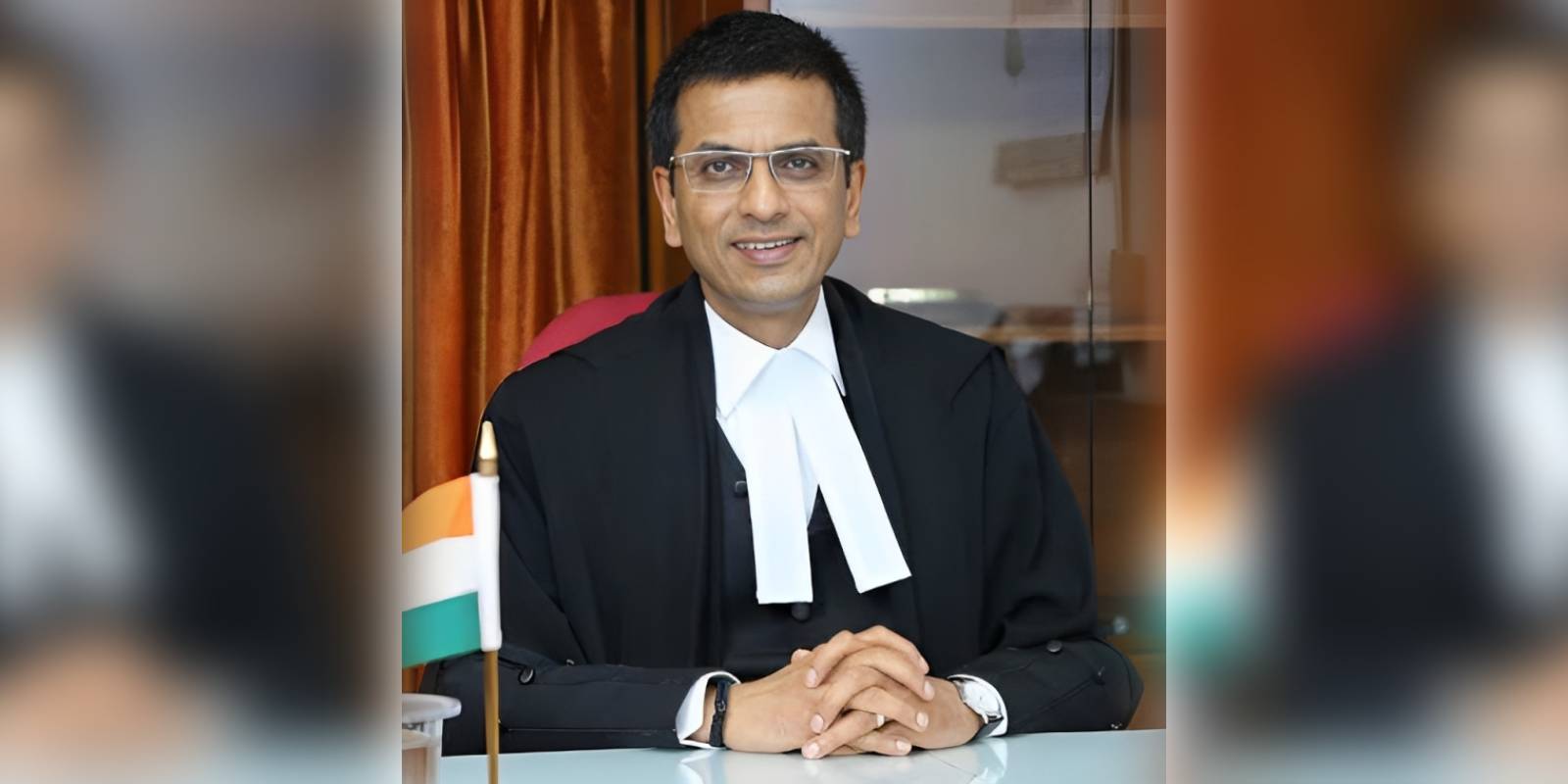The CJI DY Chandrachud said, "Article 370 of the Constitution was an interim arrangement due to war conditions in the state."

CJI DY Chandrachud. (Wikiemdia)
On Monday, 11 December, a five-judge Supreme Court panel led by Chief Justice DY Chandrachud ruled that Jammu and Kashmir’s Article 370 “is a temporary provision” and that the “effect of the Presidential Power to issue a notification abrogating Article 370 persists.”
Here are key statements made by CJI DY Chandrachud:
(With PTI inputs)

Jul 26, 2024

Jul 24, 2024

Jul 23, 2024

Jul 23, 2024

Jul 20, 2024

Jul 20, 2024